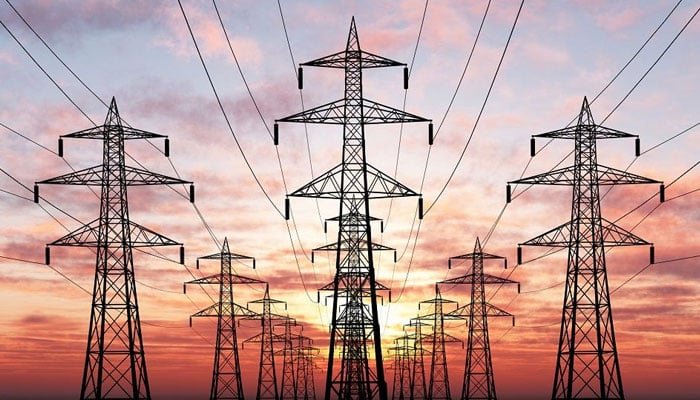In a recent ruling, the Supreme Court of Pakistan has declared the Lahore High Court’s decision regarding fuel price adjustment as unconstitutional. The Lahore High Court, in a landmark decision, had ordered electricity transmission companies to collect fuel price adjustment from consumers. However, Chief Justice Pakistan remarked that if the formation of NEPRA (National Electric Power Regulatory Authority) is unconstitutional, the judges should have made a decision on it. He pointed out that the judges of the Lahore High Court often forget to read Article 199 of the constitution.
The case in the Supreme Court involved petitions related to fuel price adjustments in electricity bills. The lawyers representing the power companies argued that when the fuel price adjustment was imposed in May 2022, NEPRA’s formation was unconstitutional.
The Lahore High Court’s single bench, in its ruling, had granted authority to electricity transmission companies to collect fuel price adjustments from consumers. However, the Supreme Court found this decision to be beyond the jurisdiction of the Lahore High Court, emphasizing the need for adherence to constitutional protocols. The Chief Justice highlighted the importance of Article 199, which deals with the jurisdiction of high courts in Pakistan. He pointed out that the Lahore High Court judges seemed to have overlooked this fundamental aspect of the constitution.
NEPRA, as the regulatory body overseeing the power sector, plays a crucial role in ensuring fairness and transparency in electricity tariffs and adjustments. The Supreme Court’s decision underscores the significance of upholding constitutional norms and ensuring that legal decisions are made within the framework of the law. The ruling reaffirms the principle of separation of powers and underscores the importance of the judiciary’s role in upholding constitutional legality. As a result, the Lahore High Court’s ruling on fuel price adjustments has been deemed unlawful, emphasizing the necessity of aligning judicial decisions with constitutional provisions. This ruling not only clarifies the legal standing of fuel price adjustments but also emphasizes the importance of constitutional understanding and compliance within the judicial system.



